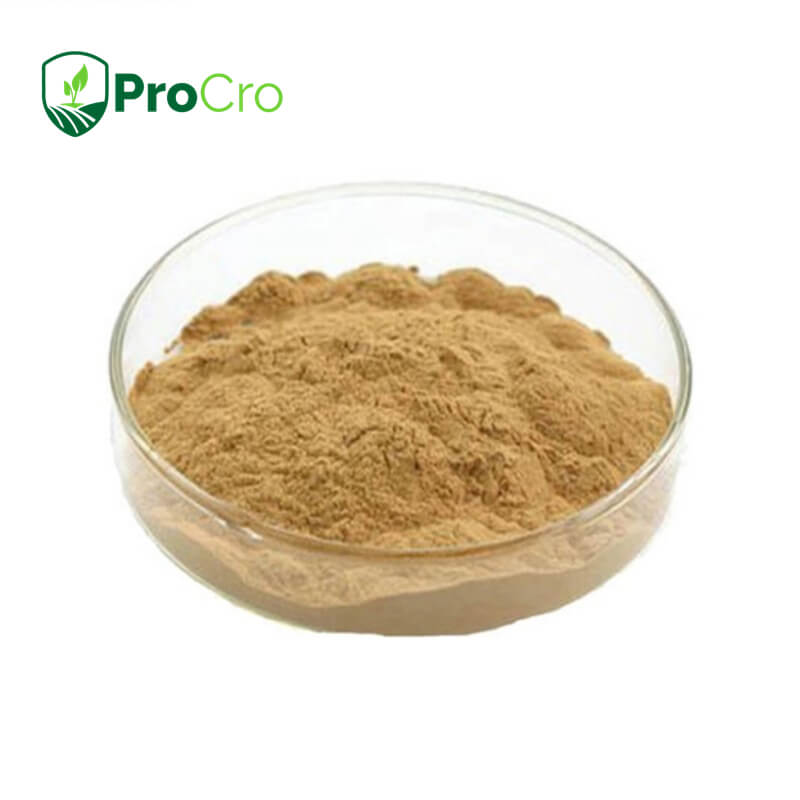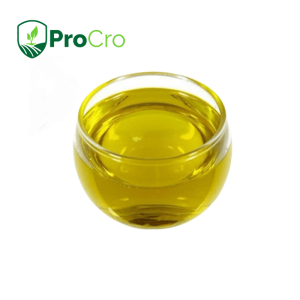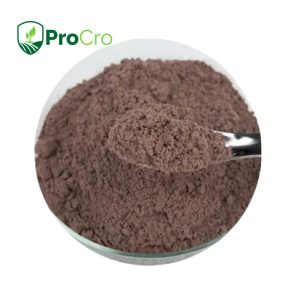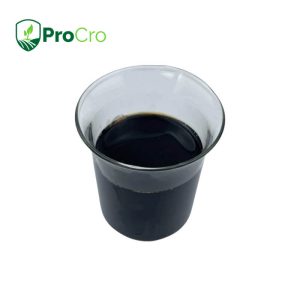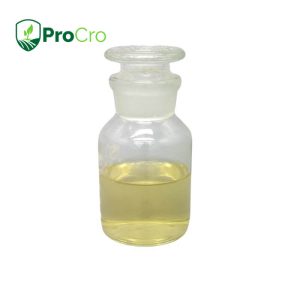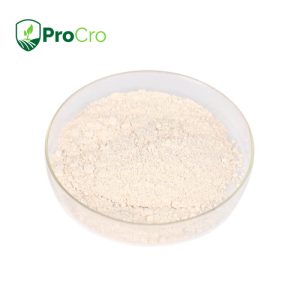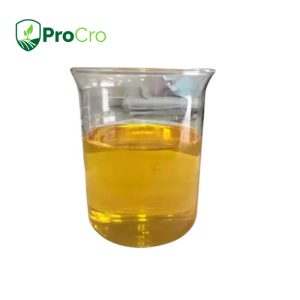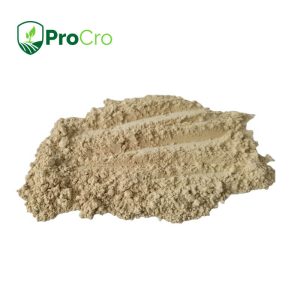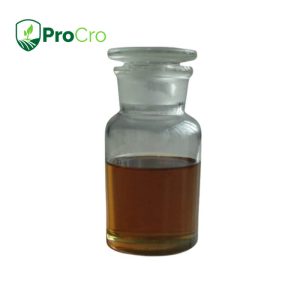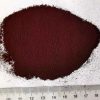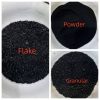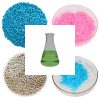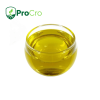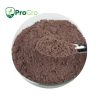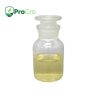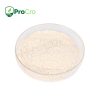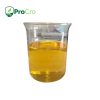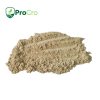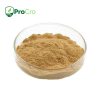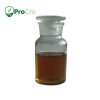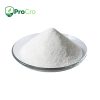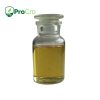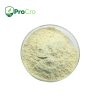Features of Bacillus Subtilis
1. Soil Improvement
The role of Bacillus subtilis in soil improvement is primarily reflected in regulating soil nutrients, altering soil microbial community structure, and decomposing residual pesticides in the soil.
Regulating Soil Nutrients: Bacillus subtilis and its secretions can accelerate the mineralization and release of nitrogen, phosphorus, and potassium, thereby enhancing soil nutrients. However, the growth and reproduction of Bacillus subtilis consume organic matter in the soil, so it is recommended to use it in conjunction with organic fertilizers.
Altering Soil Microbial Community Structure: In healthy soils, the typical ratio is bacteria > actinomycetes > fungi. However, in severely degraded soils, certain fungi such as Fusarium, Botrytis, and Mycosphaerella can proliferate, leading to various soil-borne diseases. The colonization of Bacillus subtilis can change the microbial structure and diversity in the root zone of crops, significantly increasing the populations of bacteria and actinomycetes while reducing the number of fungi.
Decomposing Residual Pesticides: Bacillus subtilis can help degrade harmful substances to plant growth, such as certain herbicides, chlorpyrifos, and propargite, by increasing the activity of enzymes like urease, protease, and sucrase in the soil.
2. Regulating Crop Growth
On one hand, Bacillus subtilis can promote crop growth; on the other hand, it can enhance disease resistance.
Promoting Crop Growth: Bacillus subtilis improves the soil, creating favorable environments and nutritional conditions for the root systems of crops. Additionally, the active substances secreted by Bacillus subtilis can stimulate an increase in the proportion of endogenous growth hormones in crops, such as increased levels of indole-3-acetic acid and gibberellins, while reducing the levels of abscisic acid, thus contributing to increased yield and income.
With its colonization ability, Bacillus subtilis can successfully inhabit the roots, stems, leaves, and soil of crops. When the colonization reaches a certain level (10^4 CFU/g), it can obstruct the infection and damage of pathogens to crops by competing for space and nutrients.
At the same time, after colonization, Bacillus subtilis can produce active substances such as antibiotics and antibacterial proteins that cause hyphal distortion, swelling, and deformation, thereby inhibiting the growth of pathogens and controlling diseases.
3. Improving Crop Quality
After colonizing the soil, Bacillus subtilis produces a large amount of plant hormones and organic acids, stimulating root growth, improving soil quality, and promoting physiological metabolism in crops. This leads to the formation of a beneficial plant-soil-microbe ecosystem, effectively enhancing crop quality.
Product Details of Bacillus Subtilis
| Product name | Bacillus Subtilis |
| Tech grade | 1X10e12 Cfu/G TC |
| Formulation | 1X10e11 Cfu/G Sp |
| Molecular formula | C66h103n17o16szn |
| CAS No. | 68038-70-0 |
| EINECS No. | 614-244-6 |
| Shelf life | 2 Years |

